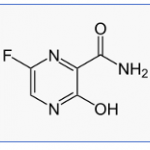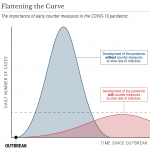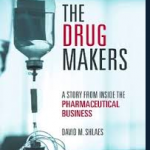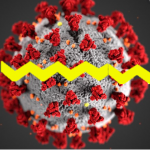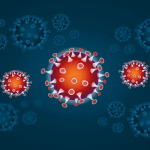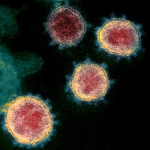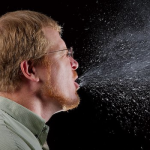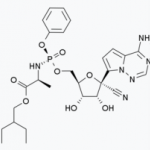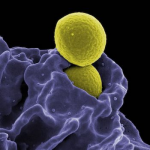Dr. David Shlaes' primary expertise is in bacterial infections and antibiotics. So it's not surprising that our ACSH advisor is wondering about secondary bacterial infections from coronavirus infections. Will there be antibiotics to combat the infections this time? How about next time?
coronavirus
As the horror known as the coronavirus tightens its grip on the world, and a vaccine is years away, our best hope is an antiviral drug that minimizes the damage caused by coronavirus replication. New data on favipiravir, a repurposed drug originally discovered in Japan, looks promising in trials in China. But nothing is ever straightforward in drug discovery -- and that is no different here. Here's a summary of the new findings.
Extraordinary times call for extraordinary measures. But these kinds of measures can't last forever. The public is willing to tolerate massive disruptions to daily life only when it believes the disruptions will end. Therefore, mitigation is a more viable option.
Dr. David Shlaes, an infectious disease expert and ACSH advisor, is incensed over the nation's lack of preparedness for the coronavirus epidemic. A scenario like this has been discussed for three decades, yet we are still in the middle of a disaster. Here are his thoughts.
There are two false narratives emerging on social media that need to be addressed. The first is that the virus is a hoax. The second is that the U.S. is "the next Italy." Both are wrong.
As the Wuhan coronavirus relentlessly engulfs the world, scientists are relentlessly looking for a way to treat the infection. A vaccine is more than a year away, but an antiviral drug called remdesivir is being evaluated in clinical trials by Gilead Science, the world's premier antiviral drug company. Keep your fingers crossed.
I'm returning to my surgical roots to talk about what’s on our minds: uncertainty, disease, and death. Here are some lessons from 30 years of talking to patients and families about situations that are now very real for us all.
We've been quite busy answering questions about coronavirus, UV light, and hand sanitizer.
For epidemiologists, the most important unanswered question about the Wuhan coronavirus, or COVID-19, is the case-fatality rate. But for the general public, the question is much more personal: "Might I – or anyone I love – get sick and die?"
As the coronavirus continues to terrorize the world, people are pinning their hopes on companies that are doing vaccine and drug research to -- maybe -- get us out of this mess. Yet, many of the companies doing the work, especially Gilead Science, are "the bad guys." Except when we need them. Gilead's drug, remdesivir, is now in clinical trials in China so they're OK for now. Hypocrisy at its finest.
Historically, microbiologists named new diseases after locations, animals or people. To this day, flu strains are named after the city in which they were first isolated. Obviously, that's because microbiologists are racist. Right?
At first glance, rheumatoid arthritis and coronavirus have little in common. But an underlying pathological mechanism that involves an over-reactive immune response may allow a drug developed to treat arthritis to save the lives of coronavirus victims.

